Politics
‘Punch Our Customers in the Face’: Trump’s Tariffs Ignite Farmer Backlash Ahead of 2026 Elections
By Jake Beardslee · October 2, 2025
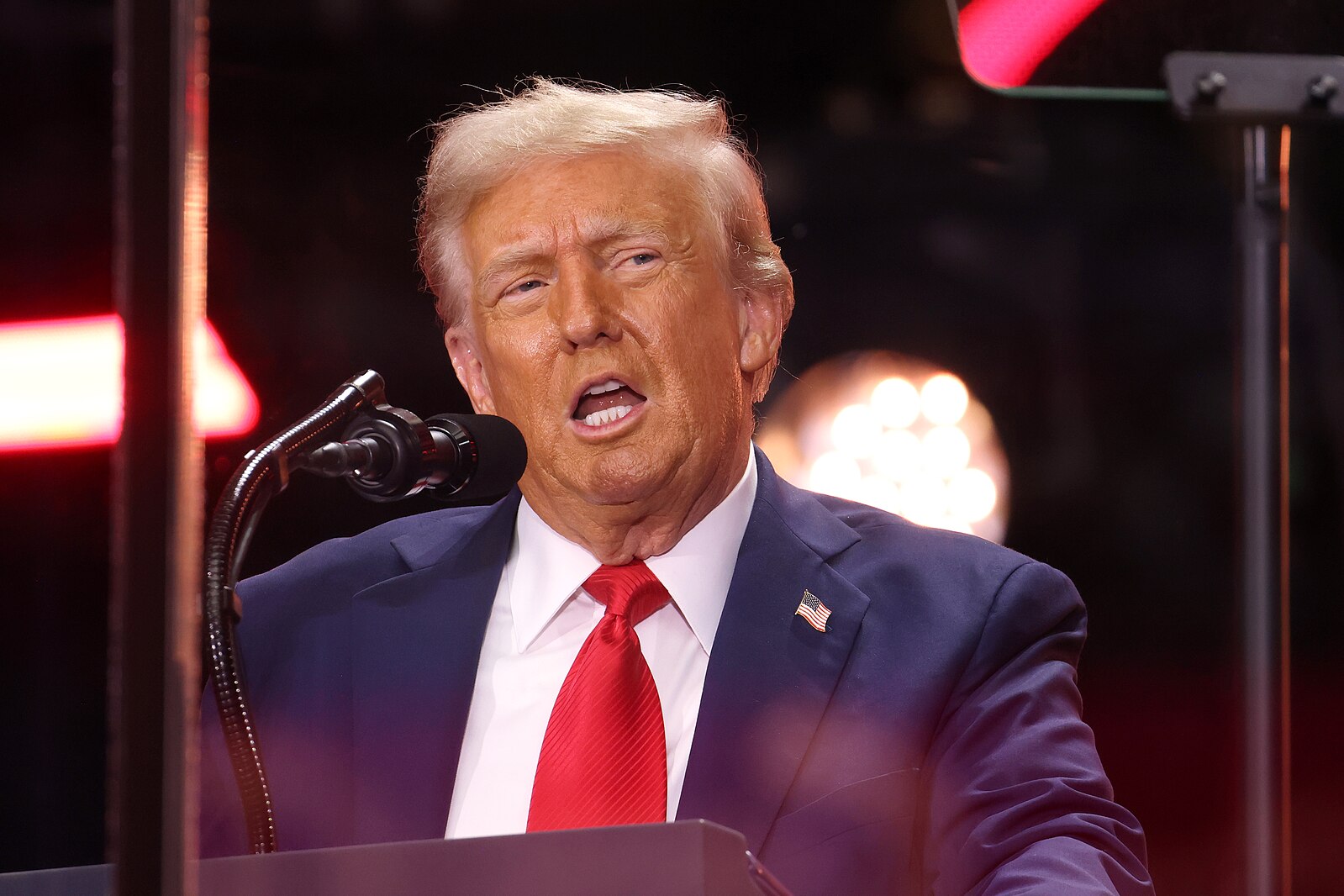
Farmers Feel the Pinch of Trump's Tariffs
Caleb Ragland, a ninth-generation Kentucky farmer, voiced frustration over the fallout from President Donald Trump’s sweeping tariffs. Once a supplier to China—the biggest buyer of U.S. soybeans—Ragland said retaliatory Chinese taxes effectively ended sales this year. “We need to not punch our customers in the face with tariffs,” he told USA TODAY. “Throwing rocks at each other isn’t good for either one of us.” Gage Skidmore, CC BY-SA 4.0 https://creativecommons.org/licenses/by-sa/4.0, via Wikimedia Commons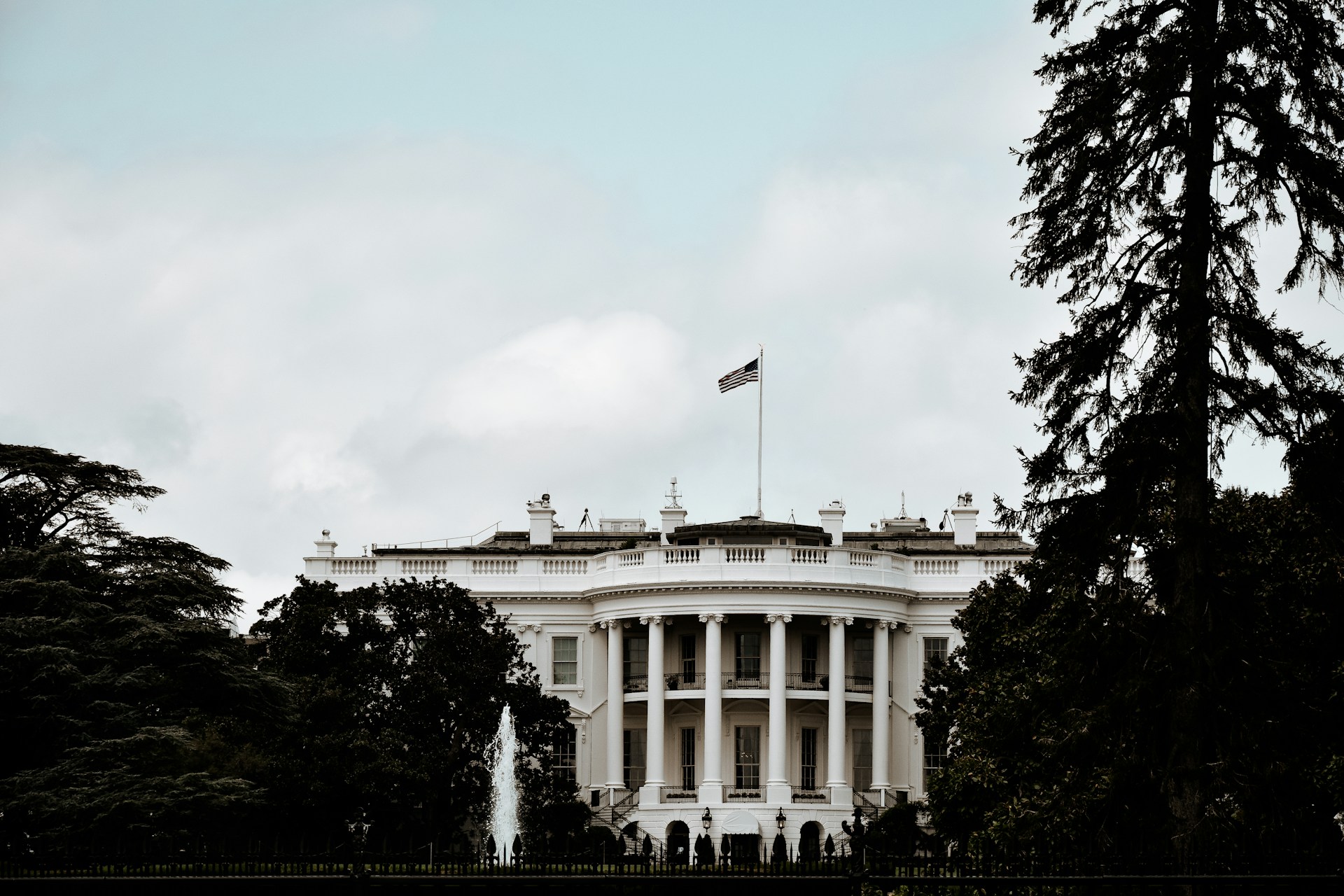
White House Seeks to Cushion Farmers
Trump and congressional leaders acknowledged the tariffs’ damage to U.S. agriculture and promised federal aid to offset losses. “We’re going to give it to our farmers, who are for a little while going to be hurt, until it kicks in,” Trump said in late September, adding that “ultimately the farmers are going to be making a fortune. But it’s a process.” Edoardo Cuoghi / Unsplash
Tariffs Head to Supreme Court
The political and legal stakes are high. The Supreme Court will hear arguments on Nov. 5 about whether Trump exceeded his authority by imposing worldwide tariffs under emergency powers. Legal experts warn the case could be one of the year’s most consequential, shaping presidential power and international trade. Ian Hutchinson / Unsplash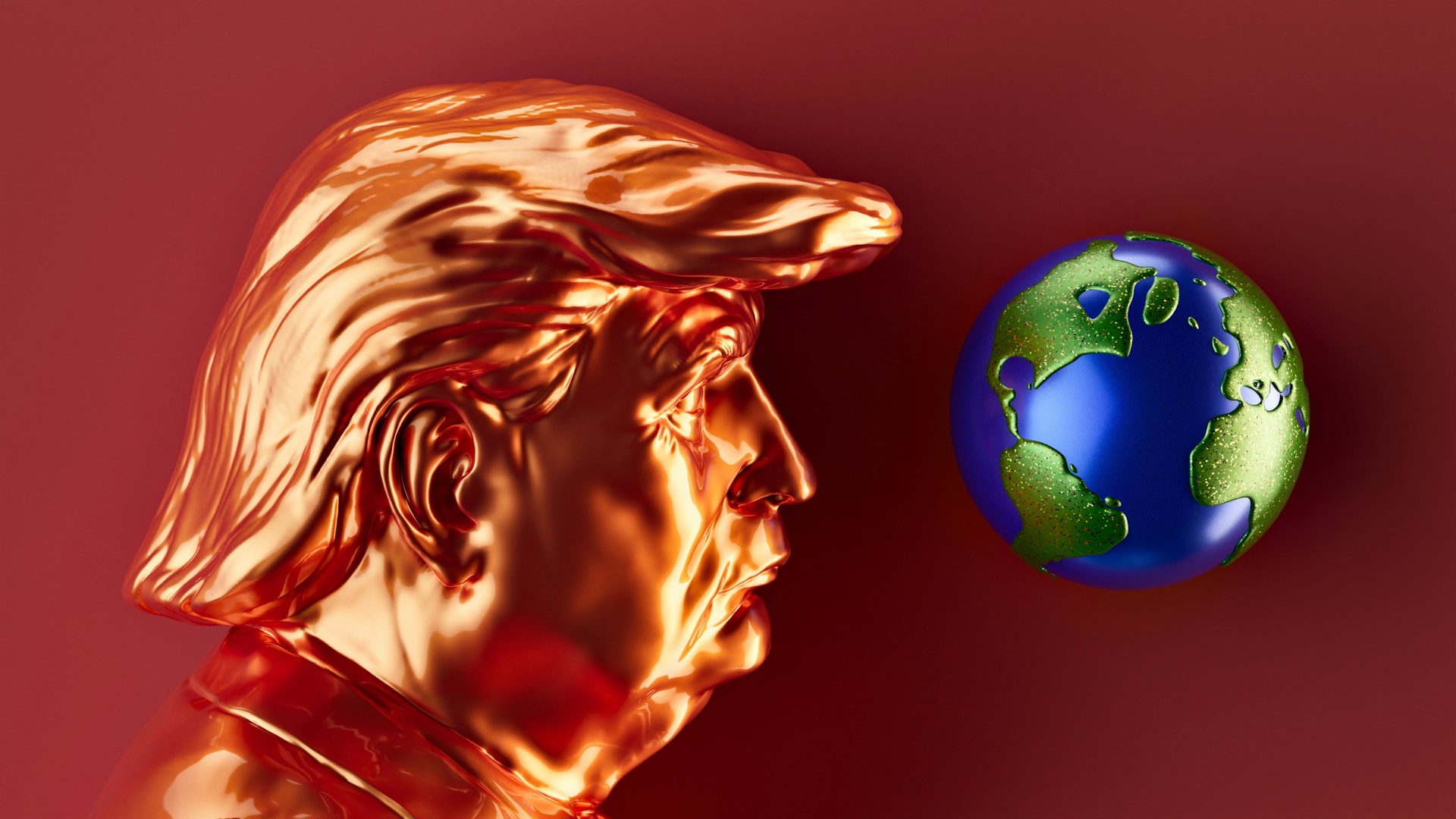
Public Opinion Divided
According to an August Pew Research Center poll, 61% of Americans disapprove of the tariff increases, while only 38% approve. A majority—55%—believe the long-term impact will be negative for themselves and the nation. Republicans remain split, while Democrats overwhelmingly oppose the policy. Igor Omilaev / Unsplash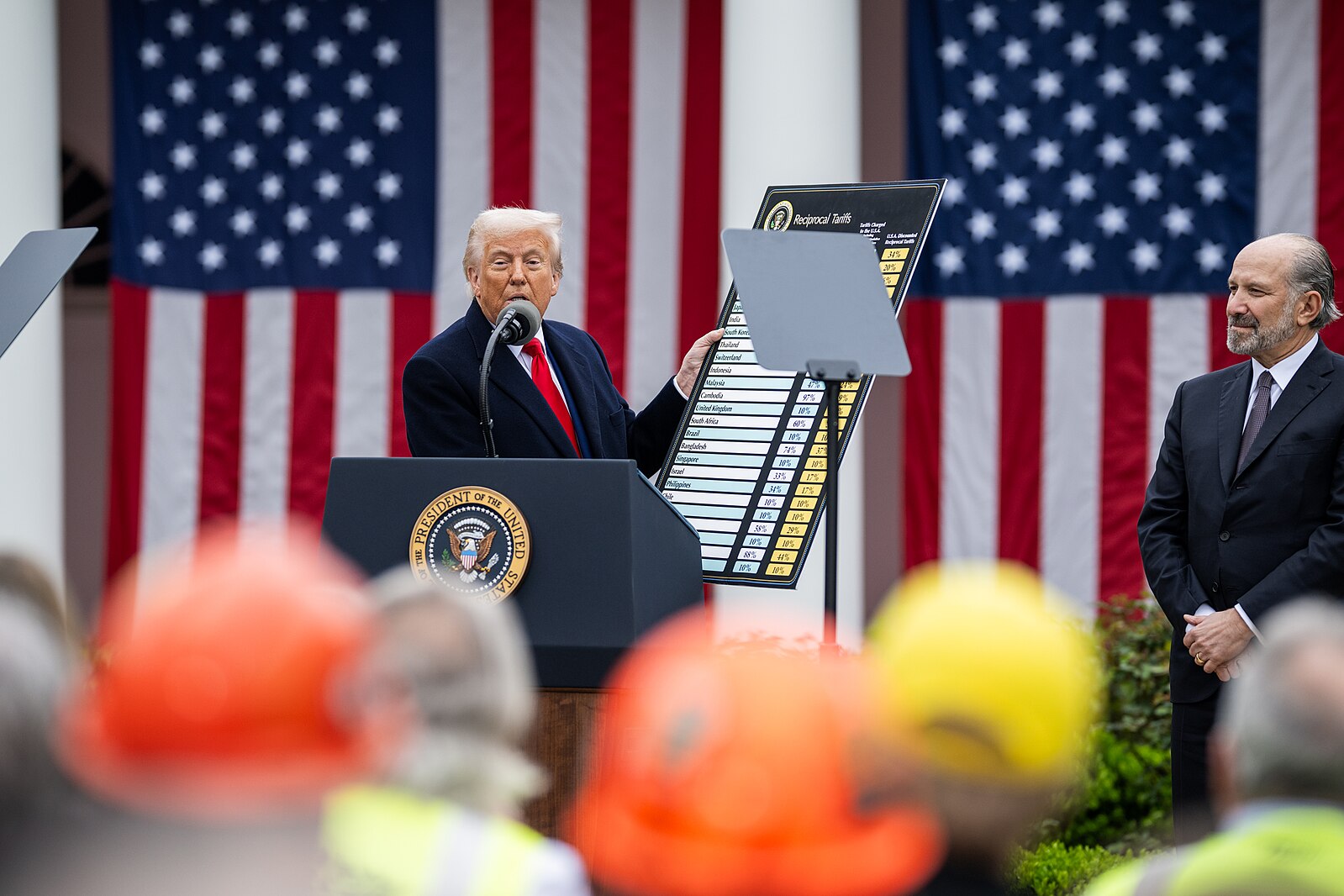
Trump Frames Tariffs as Economic Independence
Despite criticism, Trump insists tariffs are strengthening the U.S. economy. He highlighted new investments, such as Japan’s $550 billion pledge and Eli Lilly’s $6.5 billion plant in Texas. Calling tariffs “our declaration of economic independence,” Trump argued they are forcing fairer trade deals and revitalizing U.S. manufacturing. The White House / Wikimedia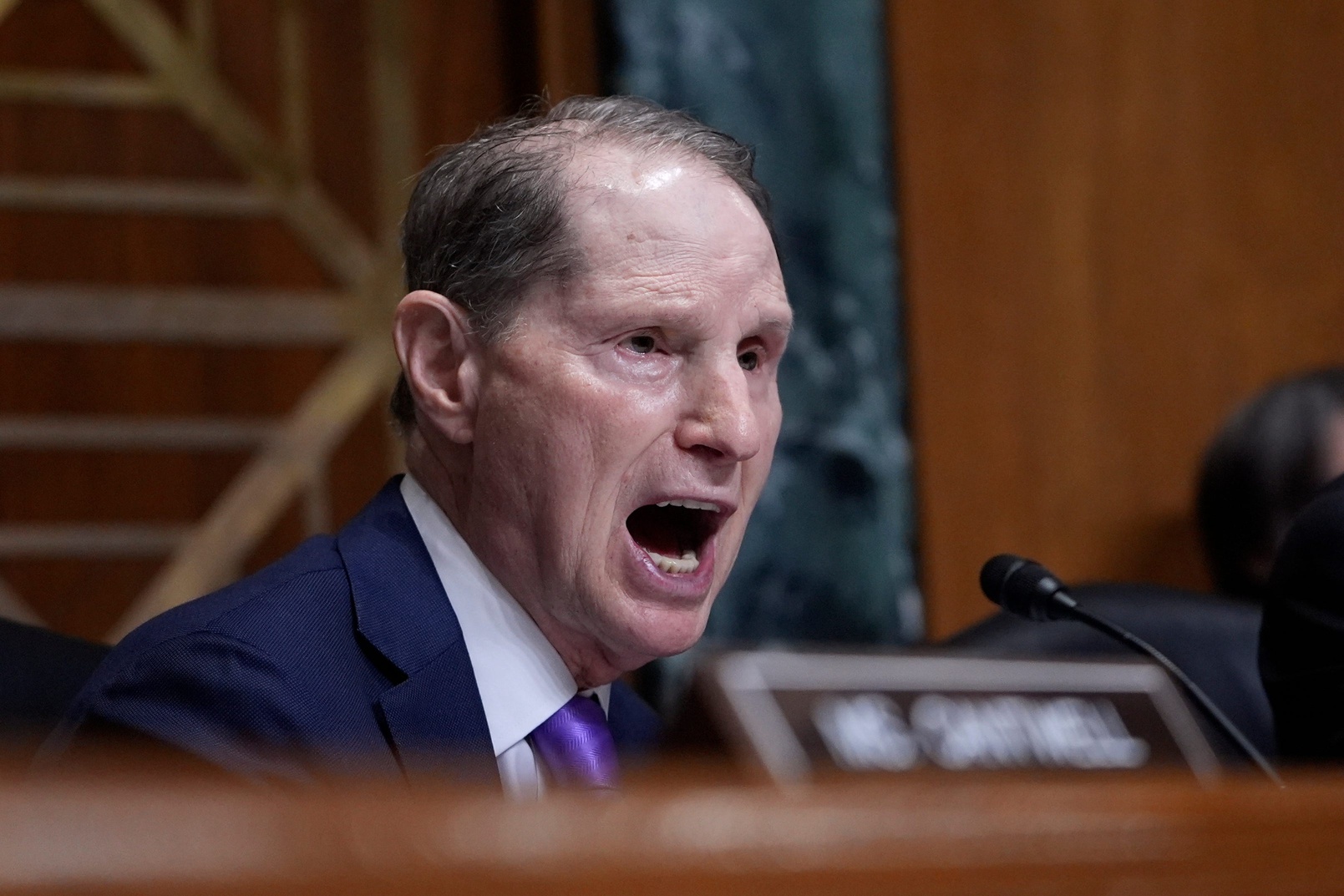
Democrats Denounce Tariffs as "Economic Poison"
Opposition lawmakers, however, stress the costs. Sen. Ron Wyden (D-OR) called the tariffs “economic poison,” saying they act as a hidden tax on consumers while enriching elites. Independent analysts estimate automakers alone are absorbing billions, with costs adding roughly $2,300 per vehicle, fueling fears of inflation and layoffs. Jack Gruber / USA TODAY NETWORK via Imagn Images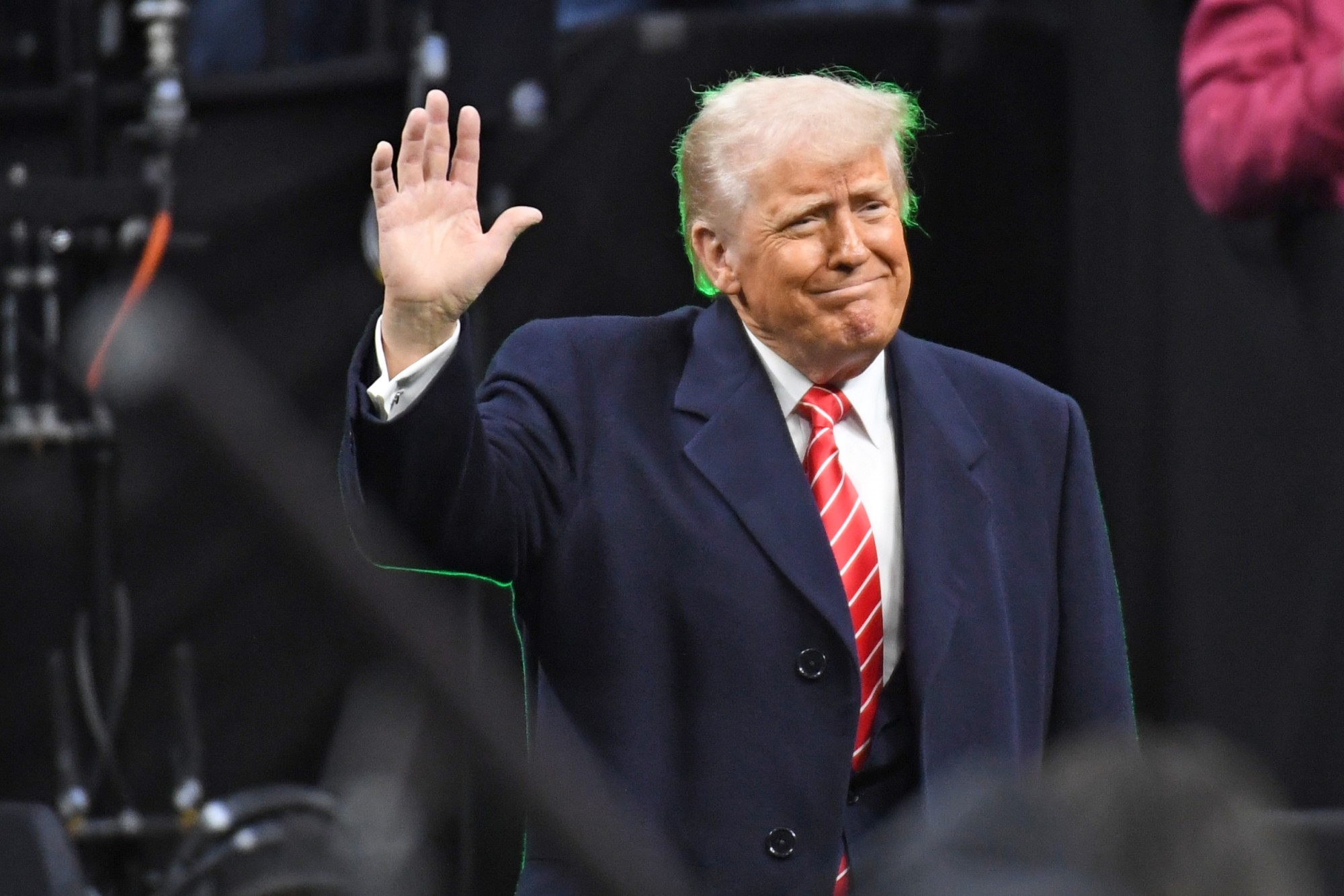
Constitutional Questions Over Presidential Power
Critics argue Trump usurped Congress’s authority to set tariffs. The Federal Circuit ruled in August that the law he invoked “does not explicitly include the power to impose tariffs, duties, or the like, or the power to tax.” The ruling set the stage for a Supreme Court showdown that could redefine executive power. Eric Hartline-Imagn Images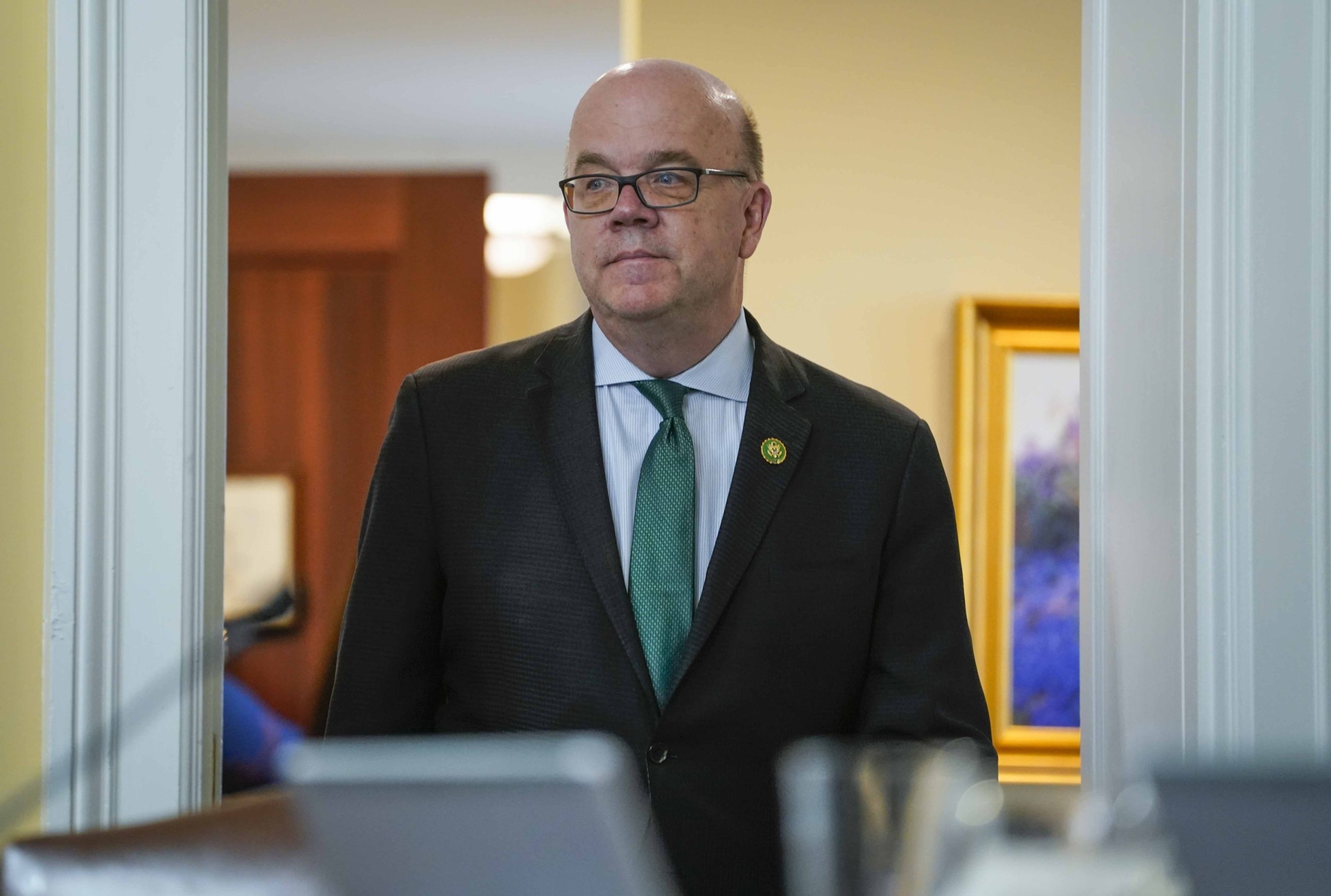
Congress Divided on Next Steps
House Republicans blocked multiple attempts to end tariffs, arguing they give the U.S. leverage in trade talks. Democrats countered that tariffs are an added “$2,300 tax increase in 2025 alone for the average American household,” as Rep. Jim McGovern (D-MA) put it. The Senate has taken votes to terminate tariff-related emergencies, but the House has yet to act. Jack Gruber-USA TODAY